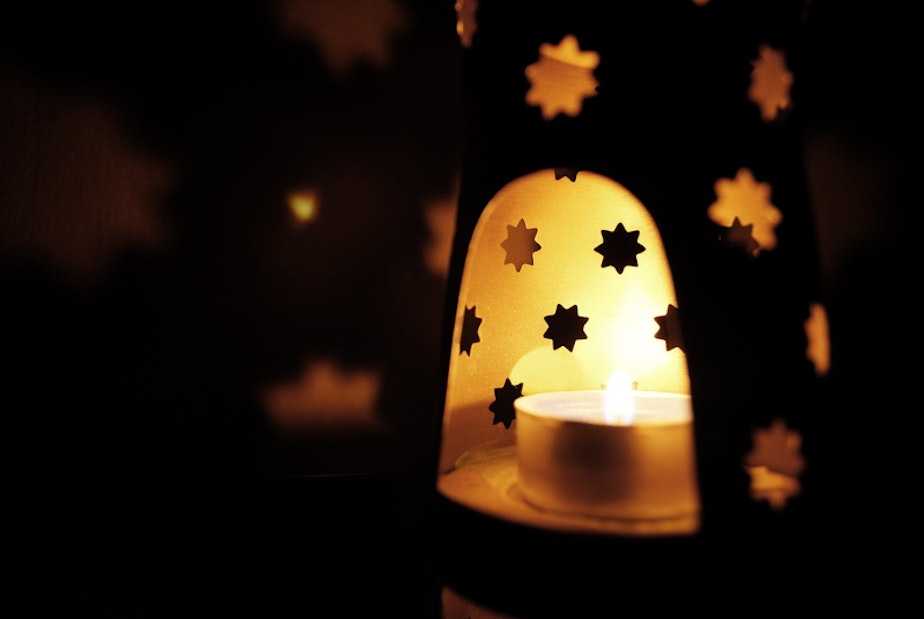How King County's Somali community is keeping people fed during Eid

This weekend, Muslims around the world celebrate Eid (eed) after a month of fasting during Ramadan. On Eid, people come together to pray and feast.
But the pandemic has upended that tradition. Here’s how King County’s Somali community has adapted.
Nura Ali loves to cook and normally makes dishes for the mosque so everyone can share a meal. “I’m going to make rice, chicken, and fruits,” said Ali through a translator. “And we also prepare sweets.”
But this year, since large gatherings are banned, Ali’s food will go directly to people in the community who aren’t able to cook — mainly seniors.
The pandemic has also caused economic stress. Many have lost their jobs and businesses, said Regina Elmi, co-founder of Somali Parents Education Board.
“By March, it was like… oh my god, how am I going to pay my utility this month.”
The non-profit is normally focused on education advocacy. But during Ramadan, Elmi’s organization, with help from the Covid-19 Response Fund, organized a food pick up event so more than 400 families have food to end their daily fasts.
Sponsored
To celebrate Eid, the community will gather as usual, but online. “We are trying to be innovative and find ways to connect community to celebrate together virtually.”
Elmi said it’s not ideal. But it’s a way to keep tradition alive during a time of uncertainty.




